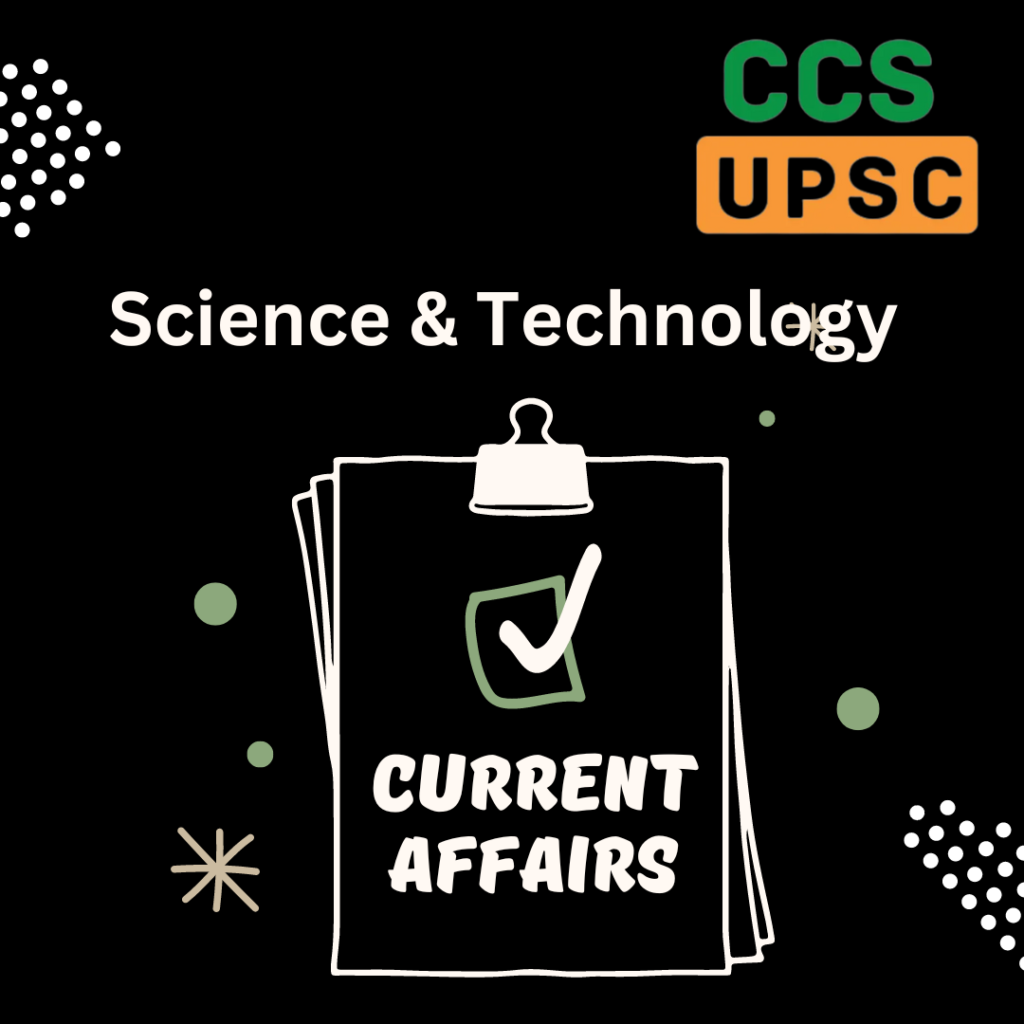Context
∙ The Public Account Committee report on ‘pollution caused by plastic’ was tabled in Parliament recently during the budget session.
| Central Pollution Control Board (CPCB)– CPCB is a statutory organization established under the Water (Prevention and Control of Pollution) Act, 1974.A. It is also entrusted with the powers and functions under the Air (Prevention and Control of Pollution) Act, 1981.– Parent ministry: Ministry of Environment, Forest and Climate Change (MoEFCC). – Functions: Principal Functions of the CPCB, as spelt out in the Water Act, 1974, and the Air (Prevention and Control of Pollution) Act, 1981 are (i) to promote cleanliness of streams and wells in different areas of the States by prevention, control and abatement of water pollution, and (ii) to improve the quality of air and to prevent, control or abate air pollution in the country. |
Highlights of the report/Challenges
∙ Huge waste generation: Increased substantially from 15.9 lakh tonnes per annum (TPA) in 2015-16 to 41.2 lakh TPA in 2020-21.
∙ Inadequate waste management infrastructure: Data from 2019-20 shows that 50% of the total plastic waste in the country (34.7 lakh TPA) remained unutilised, leading it to pollute air, water and soil, and ultimately affect human health.
∙ Data gap: The PAC noted a big data gap, observing from CAG’s 2022 audit findings that many state pollution control boards (SPCBs) did not provide data on plastic waste generation for the period 2016-18 to the CPCB and there were inconsistencies in data shared by urban local bodies (ULBs) with SPCBs.
∙ It expressed disappointment with the Central Pollution Control Board over dealing with the plastic waste problem in the country.
∙ Recycling inefficiencies: The existing recycling system is largely informal and unregulated, leading to low-quality recycled plastic and limited environmental benefits.
∙ Public awareness: Lack of widespread awareness about the harmful impacts of plastic pollution hinders responsible waste management practices.
Suggestions/Measures
∙ Reliable assessment method: Underlining gaps in data, the panel expressed the need to have a “reliable assessment” of the amount of plastic waste being generated and said it should be the first step towards managing the problem efficiently.
∙ Mandatory” reporting: It recommended “mandatory” reporting of data online on the national dashboard.
∙ Comprehensive policy: A comprehensive policy is required for containing pollution caused by plastics.
∙ Alternatives: It observed that “finding a cost effective and dependable alternative to plastic” by providing funds for R&D was a prerequisite for its elimination.
∙ Awareness:Spreading awareness about eco-friendly alternatives and ill-effects of SUP is crucial.
∙ Other measures: Making implementing agencies accountable, promoting use of recycled plastic content and increasing recycling facilities may be taken to efficiently enforce the ban on SUP on ground.
Government initiatives:
∙ Plastic Waste Management Rules, 2016: This regulation prohibits manufacture, sale, and use of certain single-use plastic items like carry bags, straws, and cups.
∙ Ban on SUP: The ministry of environment had banned hard-to-collect/recycle, single use plastic (SUP) items with effect from July 1, 2022.
∙ Prohibition: Prohibited manufacture, import, sale and use of plastic carry bags thinner than 120 microns from December 31 2022.
∙ National Policy on Solid Waste Management, 2016: This policy emphasizes waste minimization, source segregation, and scientific processing, including plastic waste.
∙ EPR rules: It also notified extended producer responsibility (EPR) rules to streamline collection and recycling of plastic waste.
∙ Swachh Bharat Abhiyan: This mission includes promoting waste segregation at source, composting biodegradable waste, and setting up waste processing facilities, contributing to plastic waste management indirectly.
∙ Indian Swachhata League:It is an unique youth-led, inter-city initiative to promote engagement of young people in the Swachata related activities.
Way Ahead:
∙ Addressing plastic waste pollution requires a multi-pronged approach involving government, industry, civil society, and individual citizens.
∙ Effective implementation of existing regulations, technological advancements, and a shift towards a circular economy are crucial for a cleaner and healthier environment.


